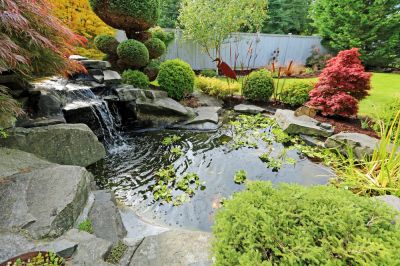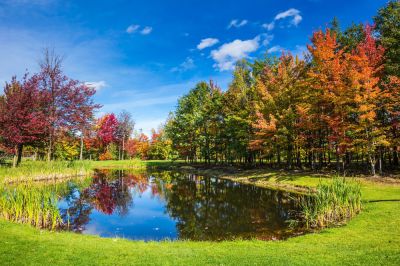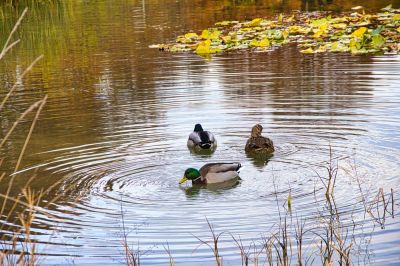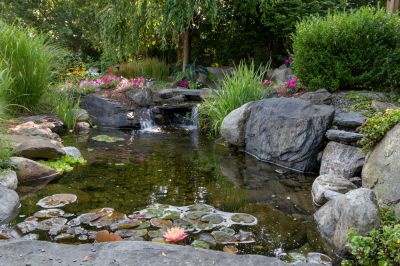Benefits of Pond Digging Service
- 1. Tranquil Water Feature
- 2. Enhanced Landscape
- 3. Habitat for Wildlife
- 4. Increased Property Value
- 5. Relaxation and Recreation
- 6. Low Maintenance
1. Tranquil Water Feature
One of the primary benefits of pond digging service is the creation of a tranquil water feature on your property. Ponds bring a sense of calm and serenity, providing a peaceful retreat for relaxation and contemplation.
2. Enhanced Landscape
A well-designed pond can significantly enhance your landscape's aesthetic appeal. It becomes a focal point, adding visual interest and creating a harmonious balance with other elements like plants and hardscapes.
3. Habitat for Wildlife
Ponds attract a variety of wildlife, including birds, amphibians, and aquatic insects. They offer a habitat for these creatures, contributing to local biodiversity. Watching wildlife around your pond can be a rewarding experience.
4. Increased Property Value
Adding a professionally constructed pond can increase the value of your property. It adds curb appeal and sets your property apart in the real estate market. Potential buyers often appreciate the beauty and serenity a pond offers.
5. Relaxation and Recreation
Ponds provide opportunities for relaxation and recreation. You can sit by the water's edge, read a book, or simply enjoy the soothing sounds of a babbling brook. Some pond owners even use them for activities like fishing or paddle boating.
6. Low Maintenance
Properly designed ponds require relatively low maintenance. Modern pond technology includes features like pumps and filters that help maintain water quality. With the right balance, you can enjoy your pond without excessive upkeep.
Frequently Asked Questions
1. Do I need a professional for pond digging?
While it's possible to dig a pond yourself, hiring a professional ensures proper design, excavation, and water management. Professionals can also advise on location and the right pond size for your property.
2. What permits might I need for a pond?
Permit requirements for ponds can vary by location and size. It's essential to check with your local authorities or zoning department to determine if permits are necessary before starting pond construction.
3. How deep should a pond be?
The ideal depth of a pond depends on its intended use and location. For most ornamental ponds, a depth of 2 to 3 feet is suitable. Deeper ponds are necessary for fish or aquatic plants.
4. What types of aquatic plants are suitable for ponds?
Various aquatic plants can thrive in ponds, including water lilies, lotus, and submerged oxygenating plants. These plants not only add beauty but also help maintain water quality and provide habitat for wildlife.
5. How can I maintain water quality in my pond?
Maintaining water quality involves proper filtration, aeration, and regular removal of debris. You may need to periodically test water parameters and address issues like algae blooms or excessive nutrient levels.




